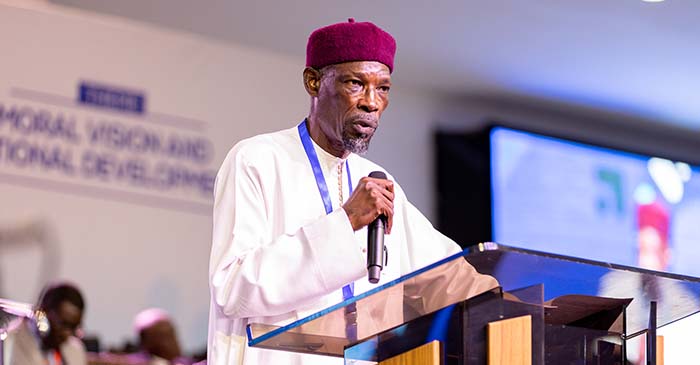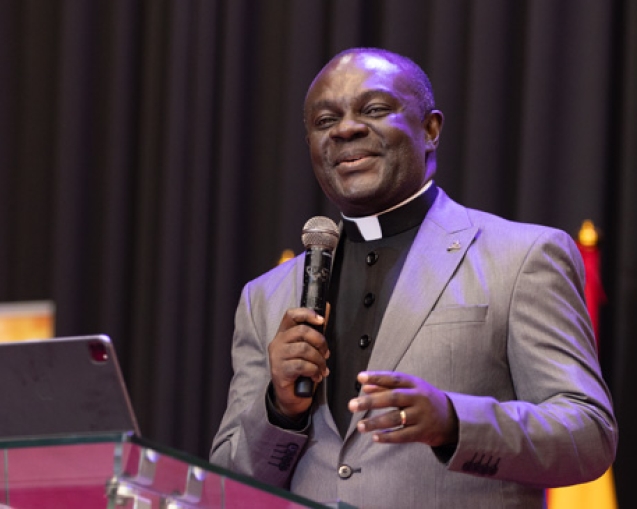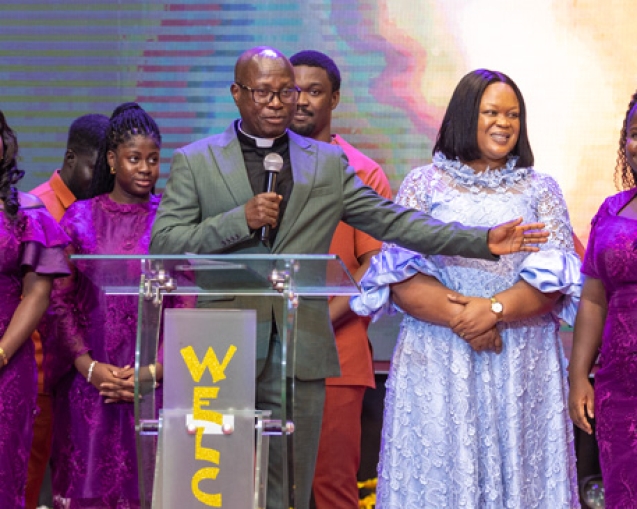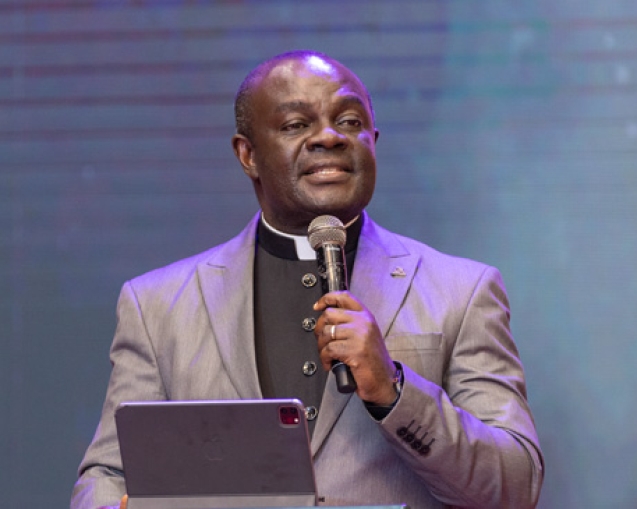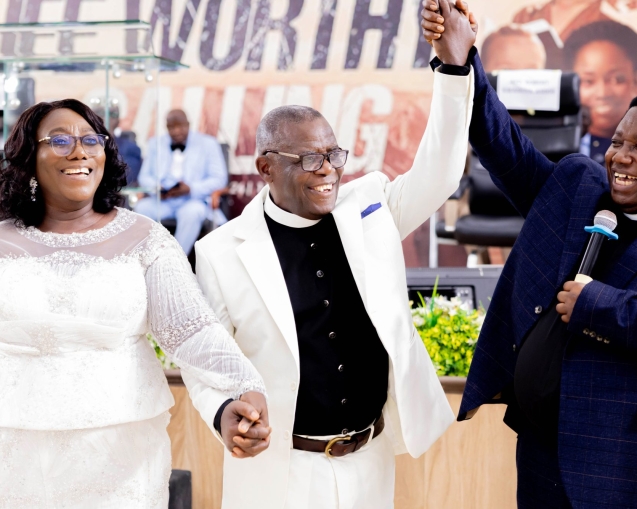Sheikh Aremeyaw Shaibu, the Spokesperson of the National Chief Imam, has emphasised the significant role of religion in upholding moral uprightness for national development.
According to the respected religious scholar, religion and morality are inseparably intertwined, with religious norms shaping and governing behaviour to achieve moral goals.
Presenting a paper on the topic, “Religion, Morality and National Development,” yesterday at the maiden National Development Conference held at Pentecost Convention Centre (PCC), Sheikh Shaibu highlighted that the choice of the vision of the conference could not have been done at a better time.
He expressed concern about the moral heritage that the current generation of Ghanaians aims to pass on to future generations.
Defining morality as a system society uses to determine right from wrong, he noted that it involves a code of conduct that guides individuals to engage in behaviours deemed good and encouraged while discouraging harmful actions (moral vices).
Morality, at its core, he explained, pertains to the purity of thoughts that influence actions and their consequences on both individuals’ and society’s welfare.
The scholar elaborated on the observable characteristics of religion within communities, such as beliefs, places of worship, rituals, sacred symbols, holy texts, moral quotes, prayers, invocations, feasts, and festivals.
He noted that religion manifests in two forms: the belief and faith aspect, which is the core, and the other elements that form the expression of religion.
However, Sheikh Shaibu lamented that Ghana sometimes focuses too much on the external aspects of religion, neglecting its core essence, leading to a disconnection between faith and practice.
He pointed out that despite the dominance of religion, morality is on a steady decline in Ghanaian society, posing a challenge to address moral decadence.
“Throughout history, religion has provided moral quotes that form the basis of modern society’s laws, encouraging righteousness and social harmony,” he said.
He stressed that religion without morality is devoid of substance and unproductive, underscoring the need to uphold and honour morality as it uplifts and supports society, transforming individuals into agents of lasting and enduring development and moral integrity.
Regarding the relationship between religion and development, Sheikh Shaibu emphasised that the key to meaningful and sustainable development lies in the moral progress and happiness of the citizenry.
“Moral development is essential for national development, as a morally undeveloped and apathetic citizenry hinders the country’s progress,” he admonished.
Concluding his presentation, Sheikh Aremeyaw Shaibu urged society to recognise the indispensable role of religion in fostering moral uprightness, promoting ethical reflection, and guiding individuals toward meaningful development.
PENTECOST NEWS.






